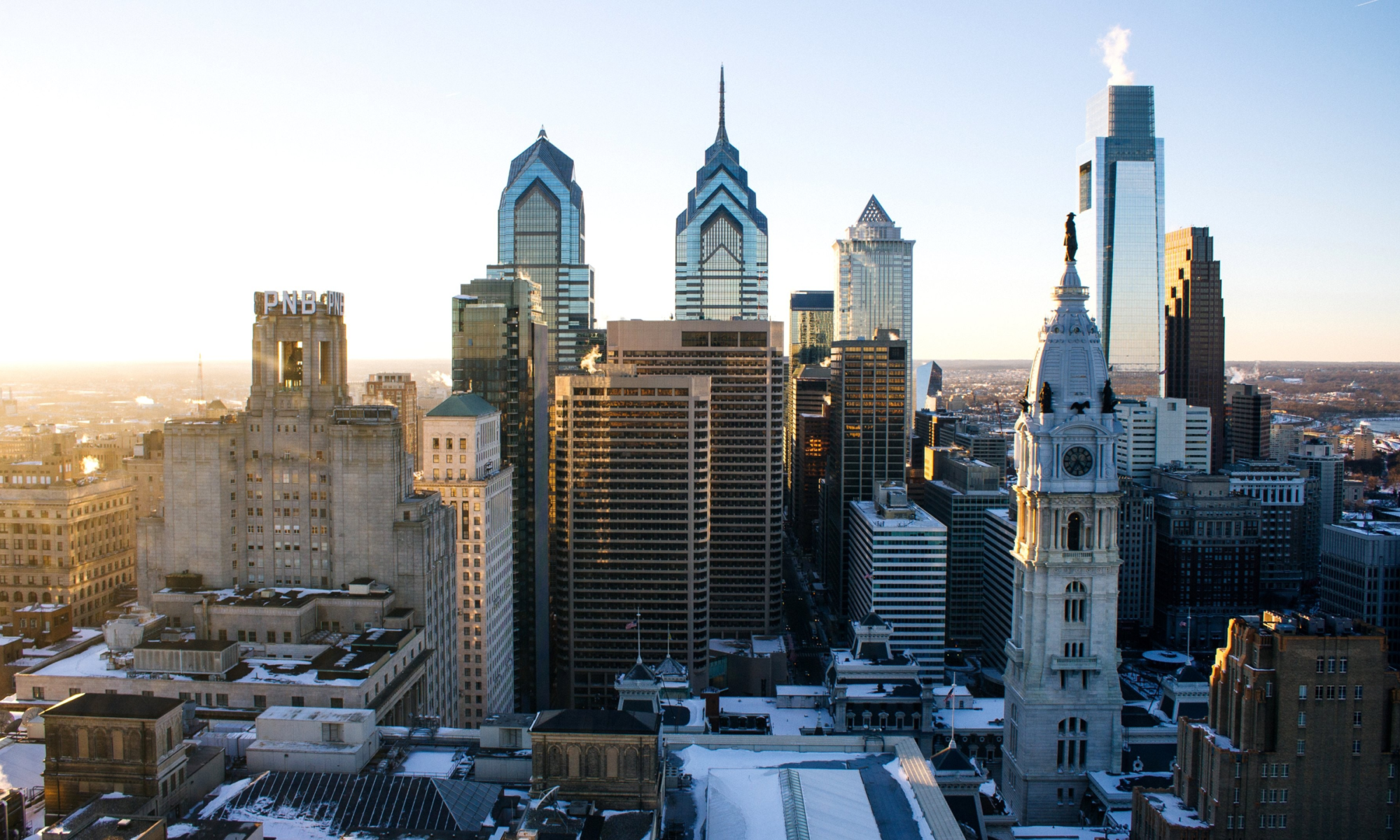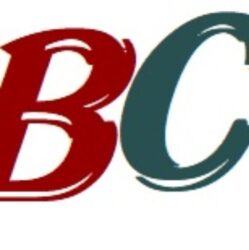A senior White House official on Thursday acknowledged that President Donald Trump held up $391 million in military aid to Ukraine in part to pressure the Ukrainians to look into an allegation about the 2016 U.S presidential election that has been debunked as a conspiracy theory.
Trump and administration officials had denied for weeks that it had demanded a “quid pro quo” – a Latin phrase meaning a favor for a favor – for delivering the U.S. aid, a key part of a controversy that has triggered an impeachment inquiry in the House of Representatives against the Republican president.
But Mick Mulvaney, acting White House chief of staff, acknowledged in a briefing with reporters that the U.S. aid was held up partly over Trump’s concerns about a Democratic National Committee (DNC) computer server alleged to be in Ukraine.
In a July 25 call, Trump asked Ukrainian President Volodymyr Zelenskiy for “a favor” to look into the server and another matter relating to the 2016 election.
Trump also asked Zelenskiy to investigate a domestic political opponent, Joe Biden, and Biden’s son Hunter Biden, who had served as a director for a Ukrainian energy company. Zelenskiy agreed during the call to carry out the investigation Trump sought. The U.S. aid later was provided to Ukraine.
The DNC server issue is a debunked conspiracy theory that Ukraine and not Russia interfered in the 2016 U.S. election and that a Democratic Party computer server was being held somewhere in Ukraine.
Mulvaney said Trump did not like foreign aid, thought Ukraine was corrupt, and was annoyed at how little “lethal aid” European nations provided to Ukraine as it combated Russia-backed separatists in the eastern part of the country.
“Did he also mention to me in the past, the corruption related to the DNC server? Absolutely. No question,” Mulvaney said, referring to Trump. “But that’s it. That’s why we held up the money.”
“The look-back to what happened in 2016 certainly was part of the things that he was worried about in corruption in that nation,” Mulvaney said, referring to Trump.
A reporter told Mulvaney that what he just described was a quid pro quo. “We do that all the time with foreign policy,” Mulvaney responded.
Mulvaney’s comments came after the U.S. ambassador to the European Union said in written testimony in the impeachment inquiry that Trump told senior U.S. officials to talk directly to his personal lawyer, Rudy Giuliani, about U.S. policy in Ukraine, raising concern that the president was outsourcing American foreign policy to a private citizen.
The envoy, Gordon Sondland, told lawmakers in the Democratic-led inquiry that he did not understand “until much later” that Giuliani’s agenda included a push for Ukraine to investigate Biden.
In prepared testimony, Sondland said he and two other officials – Energy Secretary Rick Perry and Ukraine Special Envoy Kurt Volker – were disappointed in Trump’s May order, but he followed it anyway. Sondland said he felt foreign policy should be the work of the State Department, not the president’s personal lawyer.
Sondland, a Republican Trump political donor and a wealthy Oregon hotelier before being named by the president to his EU post last year, also said that “inviting a foreign government to undertake investigations for the purpose of influencing an upcoming U.S. election would be wrong.”
His testimony underscored the pivotal role of Giuliani in the Ukraine scandal. Before the president’s July call with Ukraine’s president, Giuliani had been working to persuade Ukraine to investigate the Bidens.
The impeachment inquiry could lead to the House passing formal charges – known as articles of impeachment – which would prompt a trial in the Senate on whether to remove Trump from office. The Senate is controlled by Trump’s fellow Republicans, who have shown little inclination toward removing him.
MAY 23 MEETING
Sondland said that on May 23, three days after Zelenskiy’s inauguration, U.S. officials who had attended debriefed Trump and key aides at the White House.
The ambassador said the officials taking part in the meeting emphasized the strategic importance of Ukraine and the importance of the relationship with Zelenskiy, who he called a reformer planning to fight corruption.
“We asked the White House to arrange a working phone call from President Trump and a working Oval Office visit. However, President Trump was skeptical that Ukraine was serious about reforms and anti-corruption, and he directed those of us present at the meeting to talk to Mr. Giuliani, his personal attorney, about his concerns,” he added.
“It was apparent to all of us that the key to changing the President’s mind on Ukraine was Mr. Giuliani,” he said.
During his White House briefing, Mulvaney acknowledged that Trump had directed officials to work with Giuliani on Ukraine, and defended the move as proper. Mulvaney denied that there was a “shadow foreign policy” on Ukraine led by Giuliani.
Giuliani did not immediately respond to a request for comment on Sondland’s testimony.
Sondland is the latest witness to speak to lawmakers in the impeachment inquiry about his knowledge of efforts by the president to urge Ukraine to investigate Biden as lawmakers investigate whether Trump committed any “high crimes and misdemeanors.” Trump withheld $391 million in military aid to Ukraine before making the request.
“Please know that I would not have recommended that Mr. Giuliani or any private citizen be involved in these foreign policy matters,” Sondland said, but added that given Trump’s “explicit direction” that “we agreed to do as President Trump directed.”
His testimony was the clearest sign yet that Trump’s efforts to erect a firewall around the White House and frustrate the Democratic-led inquiry’s efforts to interview administration officials are proving unsuccessful.
While he expressed misgivings in his testimony about Giuliani’s role, other witnesses have described Sondland as being among a trio of senior U.S. officials who were considered more reliable than career diplomats in pressing Ukraine to launch investigations that might help Trump’s re-election bid.
Trump has accused the Bidens of corruption related to Ukraine without offering evidence. The Bidens have denied any wrongdoing.
Sondland said he did not fully appreciate in late May what Giuliani’s intentions were regarding Ukraine.
“I did not understand, until much later, that Mr. Giuliani’s agenda might have also included an effort to prompt the Ukrainians to investigate Vice President Biden or his son or to involve Ukrainians, directly or indirectly, in the President’s 2020 reelection campaign,” Sondland said.

